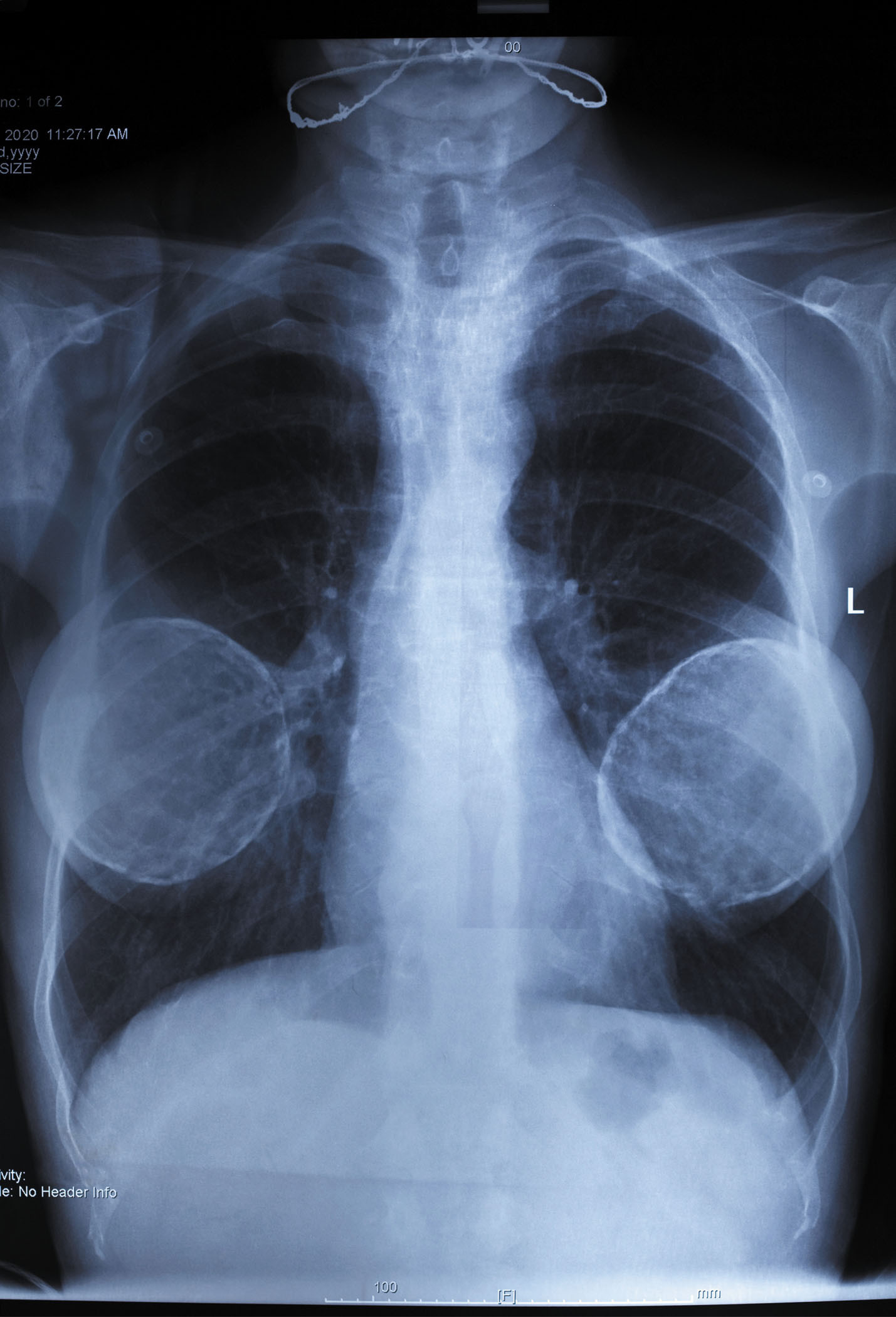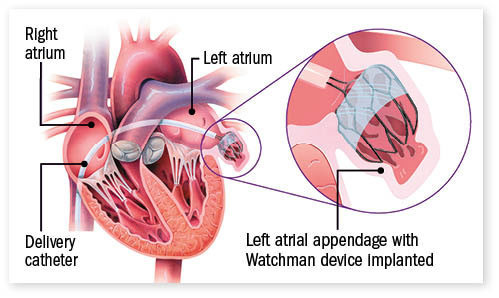
Celiac disease: Exploring four myths

What is prostatitis and how is it treated?

What is Cushing syndrome?

Exercises to relieve joint pain

Think your child has ADHD? What your pediatrician can do

Foam roller: Could you benefit from this massage tool?

Stepping up activity if winter slowed you down

Common causes of cloudy urine

Dragon fruit: How to enjoy this antioxidant-rich fruit

Are you getting health care you don't need?
Medical Devices & Technology Archive
Articles
Harvard Health Ad Watch: How direct-to-consumer ads hook us
Direct-to-consumer (DTC) drug ads promoting treatments for arthritis, cancer, heartburn, psoriasis, flagging memory, and more are all everywhere you look. All too often, the information shared is incomplete, biased, or confusing––here's what to watch out for and how to get the whole story when considering treatment options.
FDA wants women to understand the risks and benefits related to breast implants
The FDA recently moved to help make certain that women considering breast implants have a clear picture of what implants involve before moving ahead with surgery. The agency announced a series of changes in October 2021. These include new labeling requirements for breast implant manufacturers, a requirement that facilities provide patients with a checklist outlining potential risks and benefits related to breast implants, and updated screening recommendations to detect leaks in silicone breast implants.
Can my phone and other devices interfere with my pacemaker?
Certain devices that use magnetic chargers may interfere with cardiac devices such as pacemakers. A doctor should advise people on which ones to avoid or to use caution when operating.
Low heart rate warnings via smart watch
When a smart watch alert suggests that person's heart rate is below 40 beats per minute, it could be an error, especially if no symptoms are present. But it could signal a heart problem called bradycardia that has many possible causes.
Experimental wireless pacemaker dissolves when no longer needed
Better blood sugar tracking: A benefit for heart health?
Stroke prevention in atrial fibrillation: Beyond anti-clotting drugs
Wearable devices may encourage enough exercise to prevent afib
Screening for atrial fibrillation: An update
Listen to your heart

Celiac disease: Exploring four myths

What is prostatitis and how is it treated?

What is Cushing syndrome?

Exercises to relieve joint pain

Think your child has ADHD? What your pediatrician can do

Foam roller: Could you benefit from this massage tool?

Stepping up activity if winter slowed you down

Common causes of cloudy urine

Dragon fruit: How to enjoy this antioxidant-rich fruit

Are you getting health care you don't need?
Free Healthbeat Signup
Get the latest in health news delivered to your inbox!
Sign Up











